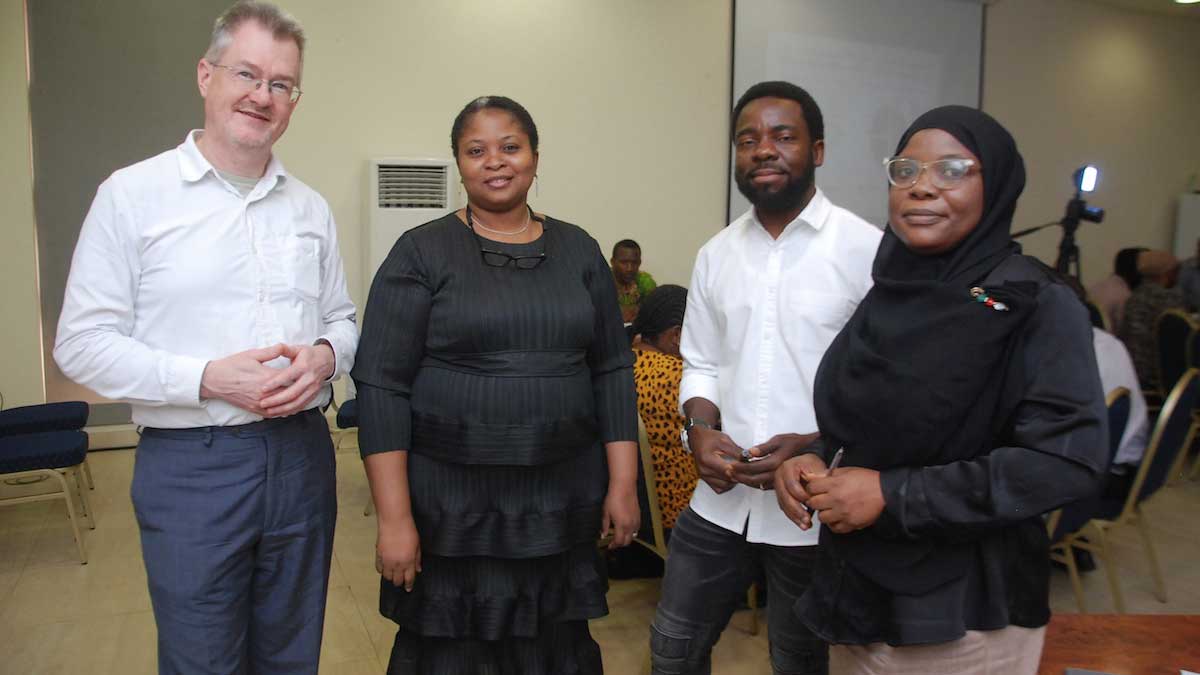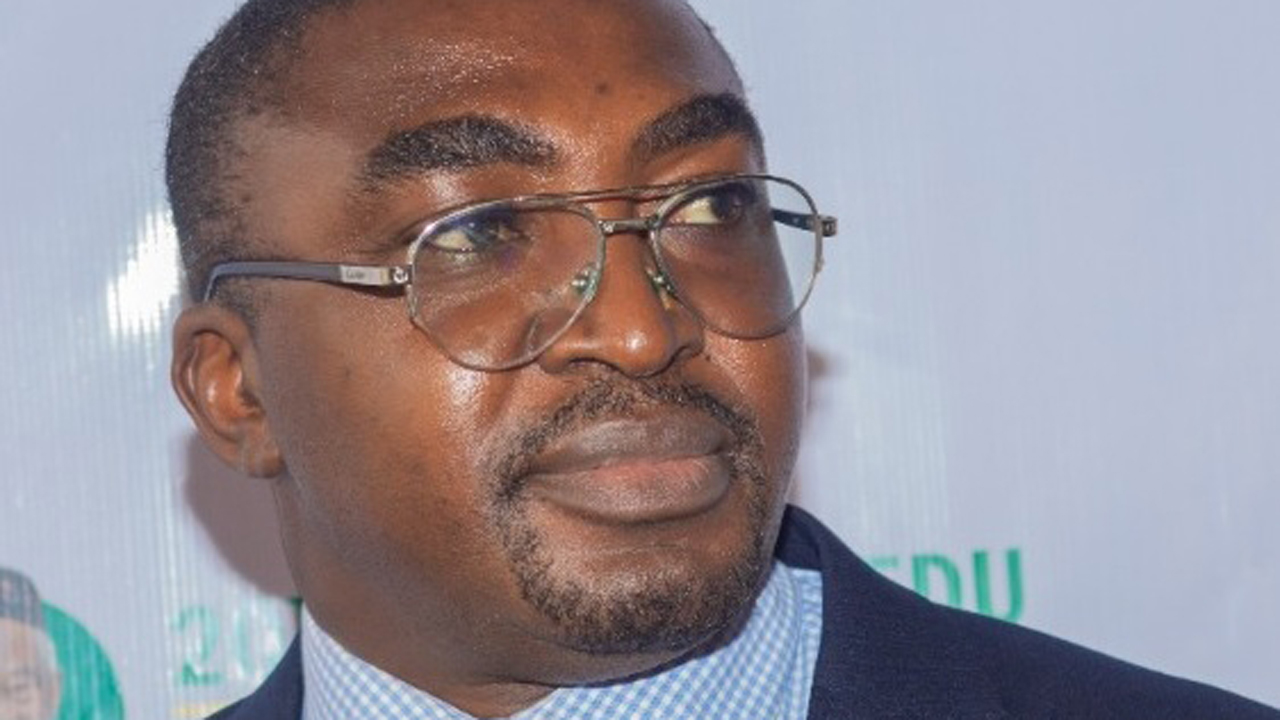
Stakeholders across endeavours in Lagos state have resolved that the state government should create a policy that would regulate the activities of the informal sector, such as motorcyclists popularly known as ‘okada’ and street hawkers.
They recommended that a forum be established to bring stakeholders together on a regular basis, to maintain momentum in negotiations and proposed that academics be actively involved in policy formulation and stakeholder engagement and interactions.
Specifically, they agreed that the Lagos State Transportation Masterplan, a strategic document, is required but needs to be periodically reviewed and it must respond to the dynamic reality on ground, until its objectives are met.
The stakeholders advocated policy on economic activities on which a significant number of citizens depend for basic standard of living and establishment of strict and enforceable measures to ensure that criminals, who take advantage of these trades, are brought to book, just as is done in the formal sector.
The stakeholders reached the resolution at a workshop organised by De Montfort University UK, Nottingham Trent University, UK and University of Lagos (UNILAG) and funded by British Academy.
The one-day workshop with the theme, ‘The Informal Economy: The Management and Use of Urban space in Lagos’ had representatives from Ministries, Departments and Agencies (MDAs), enforcement agencies, informal economy workers and their representatives and citizens of Lagos.
The workshop was aimed at establishing empirically how poverty, social and economic exclusions may arise from policies seeking to control access to and the economic uses of urban spaces in Lagos/Global South
To propose a positive response to policies that threaten this economic access, by working to put in place a framework where stakeholders can come together, to find common ground and a way forward in policy redesign, in order to improve the economic and social situation for citizens.
The stakeholders also said policy must be based on both short-term and long-term strategies, while such strategies should address the underlying challenge of inadequate infrastructure provision.
“Possible directions for policy change must also consider past solutions that have since been abandoned. In particular, okada riders welcomed the now-banned ride-hailing apps operated by Gokada and others.
“This enabled a modern, smart and safe system and provided the means to register and monitor operators, to identify and sanction errant operators.
“Clear communication and effective inclusive policymaking will generate greater support for new policies,” the stakeholders said. They argued that okada riding and street hawking would naturally cease to exist if appropriate infrastructure is in place to support free-flowing traffic and meaningful alternative sources of earning a living.
“The state and local government must work together to send a consistent and coherent message around policy and its impacts. In a situation, as currently, where the State criminalises economic activities from which the local government collects fees from or sell tickets, the result is conflict between different levels of government. This also sends confusing signals to those affected by the bans and risks enabling predatory behaviour towards informal economy workers,” they said.
A researcher from UNILAG, Dr. Basirat Oyalowo noted that motorcyclists want government to create a policy to regulate their activities.
“These motorcyclists actually obeyed the restriction but some of them due to the need for survival breached those laws. They don’t mind been regulated and restricted to certain places, but actual ban is not the way to go because people will still carry out these activities bearing in mind the traffic situation in Lagos and people demand for their services,” Oyalowo said. Prof. Robert Ackrill from Nottingham Trent university, UK, said their roles as academics is to get to help the informal economy.
“It’s not for us to change policy but to try create avenue for stakeholders to find lasting solution to problems through policies,” he said. According to Dr. Olasunmbo Olusanya, a researcher from UNILAG, the motorcyclists still want to find a way to earn money, noting that government wants the city where people don’t get involve in ‘okada’ accident frequently as it use to be.
“It’s a delicate balance on all of these concerns we are trying to see,” she said. A government representative, Jide Dauda, said every government policy always have the people at heart and meant to improve livelihoods.
“Whatever programme the government wants to implement, comes with a temporary hardship but eventually economic and social benefit would outweighs it,” he said.
The Principal Investigator, Dr. Eghosa Igudia from De Montfort university, UK in his findings revealed that 13.89 per cent motorcycle riders still operates on ban routes because passengers request for them, while 54.17 per cent of the riders earn more money and higher profits. While for the street hawkers, 48.07 per cent of them do it for survival, 27.52 per cent are not aware of the enforcement and 9.91 per cent cannot afford shops and do not have capital.






